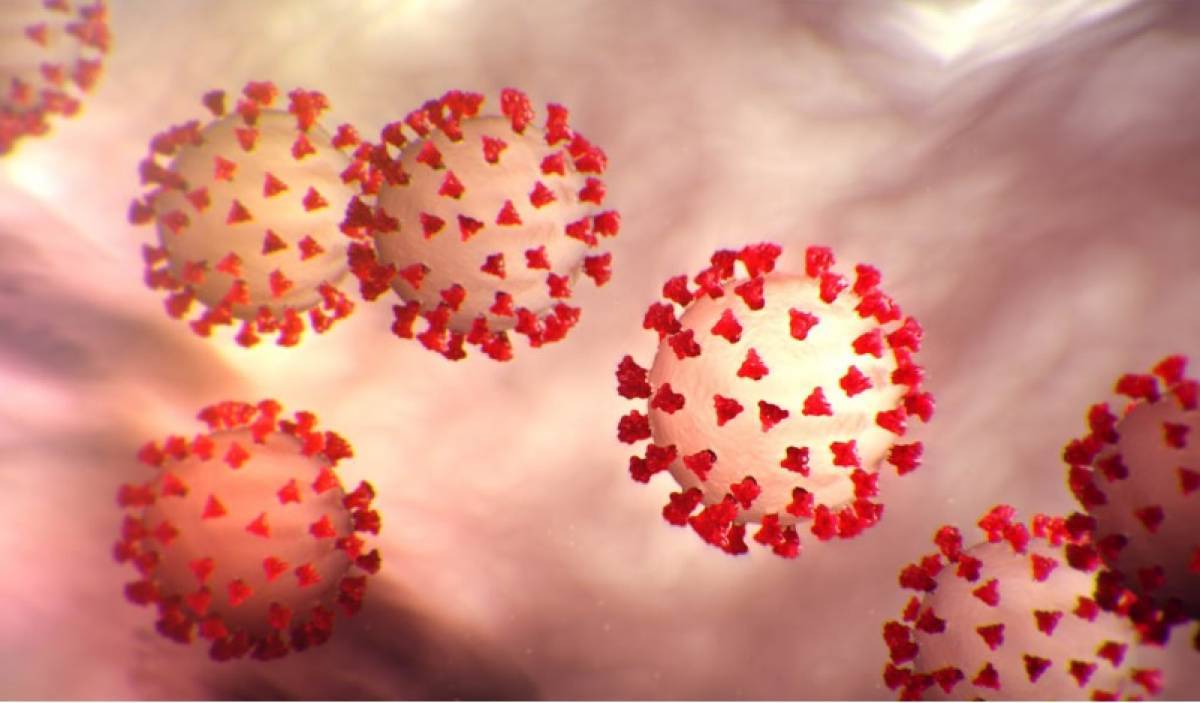Were you among the thousands who searched online to potentially buy drugs like chloroquine and hydroxychloroquine that were recently touted as unproven cures for COVID-19 by some high-profile politicians and influencers?
A new study published in JAMA Internal Medicine from a team of researchers at Oxford, Harvard, UC San Diego and Johns Hopkins used Americans’ Google searches to track this phenomenon.
They estimate there were more than 200,000 total Google searches for buying these two drugs in only 14 days following endorsements from several high-profile figures, including President Donald Trump and Elon Musk.
The study used Google Trends, a public archive of aggregate Google searches, to track searches originating from the US between February 1 and March 29, 2020 related to chloroquine and hydroxychloroquine.
This time period included the first endorsement by a high-profile individual (Elon Musk on March 16), President Trump’s first endorsement on March 19, and the first reported chloroquine poisoning in the US.
Methodology
The study tracked all Google searches mentioning the drugs “chloroquine” or “hydroxychloroquine” in combination with “buy”, “order”, “Walmart”, “eBay”, or “Amazon”.
The team then compared these phrases’ search frequency over that time frame with a hypothetical scenario in which there were no high-profile endorsements, based on historical search trends for the same terms.
Searches for purchasing chloroquine were 442% higher and searches for hydroxychloroquine were 1,389% higher following their public endorsements. Moreover, the first and largest spikes in searches coincided with Musk’s Twitter endorsement and Trump’s first endorsement.
Even after widespread reports of a fatal chloroquine poisoning in Arizona on March 23, queries for purchasing either chloroquine or hydroxychloroquine remained elevated.
Searches for chloroquine and hydroxychloroquine were 212% and 1,167% greater than expected following the first reported poisoning through the end of observation on March 29.
“In absolute terms, we estimate there were more than 200,000 total Google searches for buying these two drugs in only 14 days following high-profile endorsements.
This could be evidence that thousands of Americans were interested in purchasing these drugs,” said Dr. Mark Dredze, study co-author and Associate Professor at Johns Hopkins University.
Dangerous consequences of misinformation
“We know that high-profile endorsements matter in advertising, so it stands to reason that these endorsements could spur people to seek out these medications” said Michael Liu, a graduate student at Oxford and the study’s first author.
“We specifically wanted to know if people were looking to buy these drugs, instead of just looking to learn more about them,” said Dr. John Ayers, study co-author, co-founder of the Center for Data Driven Health at the Qualcomm Institute, and Vice Chief of Innovation in the Division of Infectious Disease & Global Public Health, both at UC San Diego.
Musk’s and Trump’s endorsements are especially troublesome for three reasons, according to Liu. “First, these treatments have inconclusive clinical efficacy. Second, these drugs have potentially fatal side effects. Third, chloroquine-containing products such as aquarium cleaner are commercially available to the public without a medical prescription.”
“Even during these unprecedented circumstances, we must still practice evidence-based medicine,” added Liu. “This means allowing the usual FDA approval process to run its course so the public is protected from unnecessary harms.”
Battling such misinformation
Many health leaders and companies have done a fantastic job to help protect against the dangers of misinformation, the team notes, but more remains to be done.
Google responded to COVID-19 by integrating an educational OneBox into search results related to the pandemic that linked millions of searchers seeking information on coronavirus to evidenced-based resources.
“This should be expanded to include warnings after searching for potential COVID-19 therapies so people can be directed to reliable information,” said Liu. “Similarly retailers selling unapproved products that might be linked to use for COVID-19 — and marketplaces like Amazon that coordinate these sales — should provide appropriate warnings.”
“Our leaders and news makers need to be more mindful of the potential collateral effects of their speech,” concluded Dr. Ayers. “You can’t quickly put humpty dumpty back together again once you’ve broken him.”
